Most comments in FCC net neutrality consultation were reportedly fake
Subcontractors allegedly used stolen data for government petitions

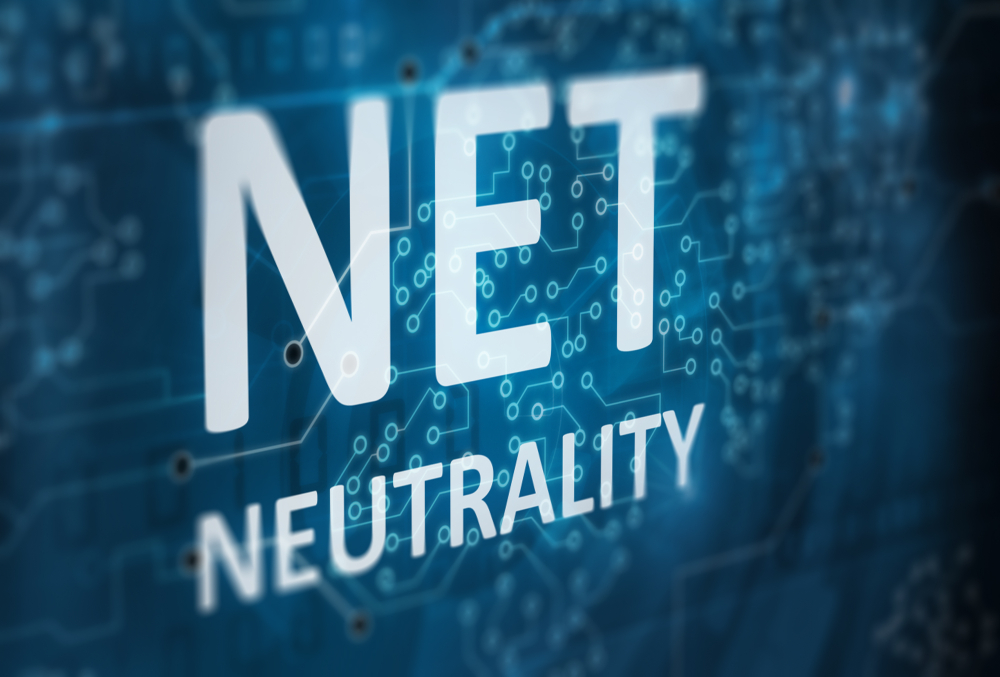
Millions of anti-net neutrality comments submitted to the Federal Communications Commission (FCC) were fake, according to yesterday's report from the State of New York.
The report, commissioned by New York Attorney General Letitia James, investigated a public consultation held by the FCC over its plans to repeal net neutrality rules in 2018. That consultation, which ultimately resulted in the FCC repealing the rules and eliminating net neutrality, was corrupted by a massive ISP-backed campaign to generate anti-net neutrality comments. The subcontractors who generated the comments did so fraudulently while broadband industry backers turned a blind eye, the report says.
The campaign used a technique known as astroturfing, in which lobbyists control supposed public interest groups to steer public opinion.
It began with a document circulated among senior broadband industry executives several days before Donald Trump’s inauguration in January 2017. The document suggested funding a campaign to collect comments for the FCC to provide then-chairman Ajit Pai with what executives called "intellectual cover" to repeal the net neutrality rules.
This campaign operated through a nonprofit called Broadband for America (BFA), with an executive committee comprising broadband executives.
This nonprofit spent $8.5 million on anti-net neutrality lobbying, most of which came from three of America's largest broadband companies. However, the campaign was operated through several non-profit entities, including American Commitment, the Center for Individual Freedoms, and the Taxpayers Protection Alliance. The BFA controlled everything, the report said.
These astroturfing groups operated their own comment collection pages, although they collected few comments. In reality, the BFA's lobbying firm enlisted co-registration lead generation companies to generate and submit comments, all of which used fraudulent tactics, the report said.
Sign up today and you will receive a free copy of our Future Focus 2025 report - the leading guidance on AI, cybersecurity and other IT challenges as per 700+ senior executives
Co-registration companies promise free prizes and coupons to consumers in return for registering their names and contact details online, and, in some cases, responding to survey questions. The companies allegedly promised to solicit comment on the net neutrality rules via these sites, but it instead merely copied information from past registrants, whose names were submitted to the FCC as opposing net neutrality without their consent.
When consumers complained about these acts,, New York-based co-registration company Fluent allegedly lied to the BFA and fabricated landing pages with the solicitations.
Other co-registration companies commissioned by the lobbying firm subcontracted the work to a network of others, creating what the report called "an environment ripe for fraud." One of the subcontractors didn't even operate co-registration sites.
Another contractor, which promised to run online advertisements soliciting comment, instead used names and addresses stolen during a data breach and dumped online in 2016.
One company used a text generation program to generate over a million fake comments for submission to the FCC, attaching them to fraudulently gathered names and email addresses.
The BFA acknowledged, discussed, and ultimately ignored red flags that pointed to fraudulent activities, the report added.
Not all fraud supported repealing the net neutrality rules, though. In another incident, a college student used automated software to submit 9.3 million comments to the FCC supporting net neutrality using easily fabricated names and email addresses.
Overall, nearly 18 million of the more than 22 million comments the FCC received in its public consultation were fake, James said.
The State of New York has imposed penalties on participants who collected the fraudulent comments: Fluent, Opt-Intelligence, and React2Media. Between them, they must pay $4.4 million in penalties and instigate reforms.
Danny Bradbury has been a print journalist specialising in technology since 1989 and a freelance writer since 1994. He has written for national publications on both sides of the Atlantic and has won awards for his investigative cybersecurity journalism work and his arts and culture writing.
Danny writes about many different technology issues for audiences ranging from consumers through to software developers and CIOs. He also ghostwrites articles for many C-suite business executives in the technology sector and has worked as a presenter for multiple webinars and podcasts.
-
 UK’s ‘Tech Prosperity Deal' with US hits rocky ground
UK’s ‘Tech Prosperity Deal' with US hits rocky groundNews The US has reportedly threatened to pull out of the deal over the Digital Services Tax and broader economic disagreements
-
 ‘The UK must position itself as the destination of choice’ in wake of H-1B visa crackdown, tech policy group says
‘The UK must position itself as the destination of choice’ in wake of H-1B visa crackdown, tech policy group saysNews The UK has a massive opportunity to capitalize on the US government’s H-1B visa changes
-
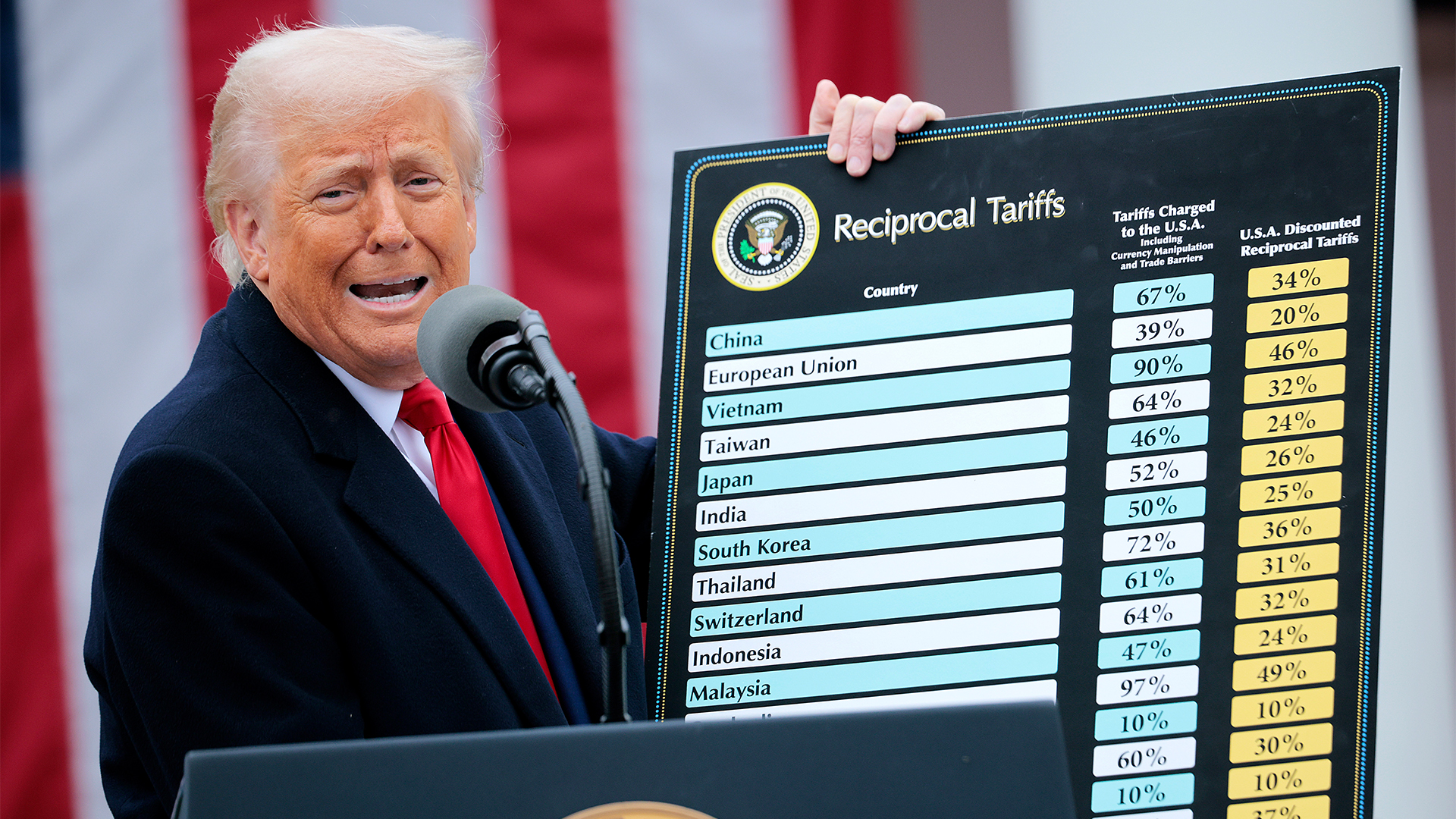 IDC warns US tariffs will impact tech sector spending
IDC warns US tariffs will impact tech sector spendingNews IDC has warned that the US government's sweeping tariffs could cut global IT spending in half over the next six months.
-
 US government urged to overhaul outdated technology
US government urged to overhaul outdated technologyNews A review from the US Government Accountability Office (GAO) has found legacy technology and outdated IT systems are negatively impacting efficiency.
-
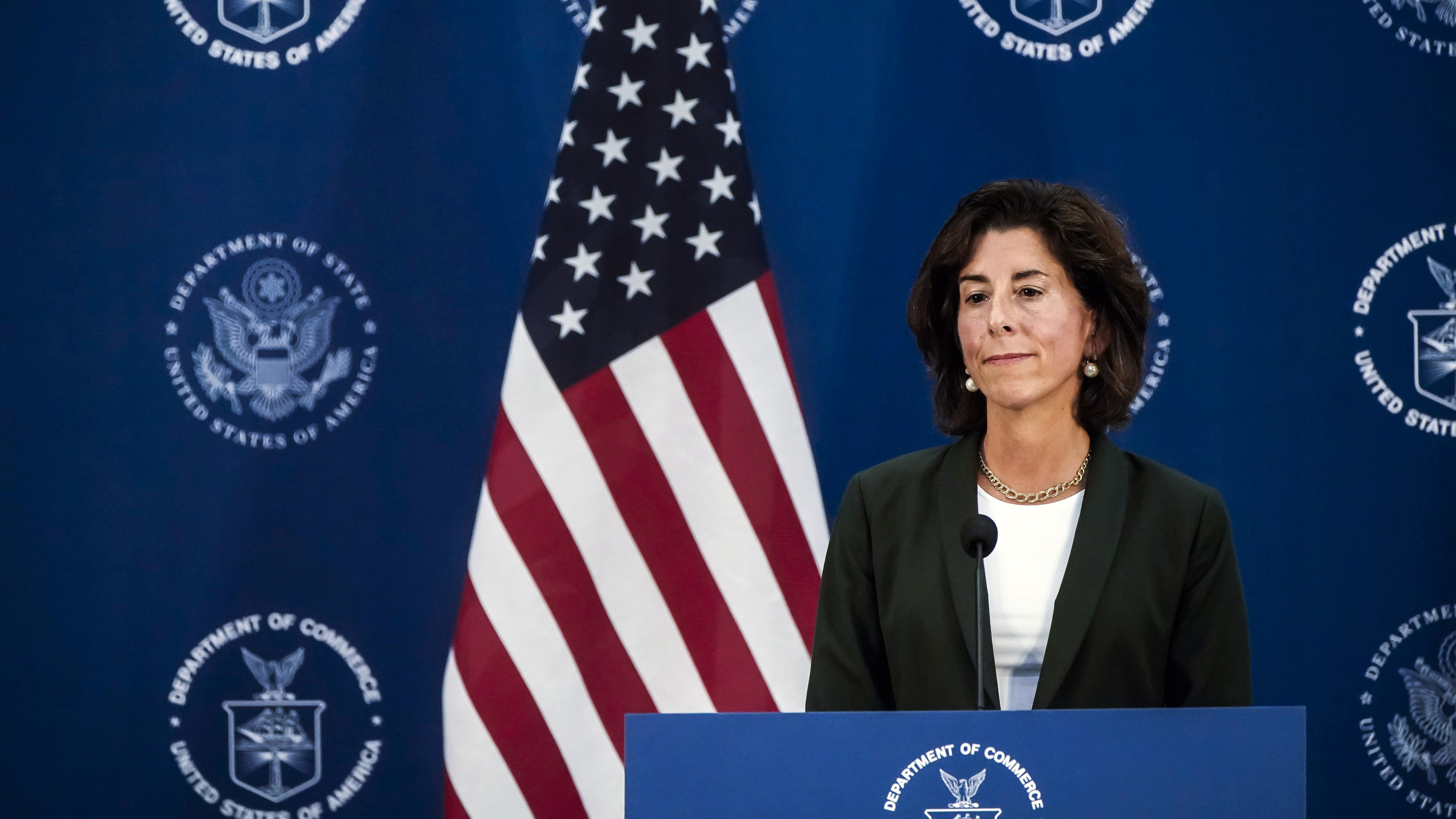 US proposes new ‘know-your-customer’ restrictions on cloud providers
US proposes new ‘know-your-customer’ restrictions on cloud providersNews The US aims to stifle Chinese AI competition with new restrictions on cloud providers to verify foreign data center users
-
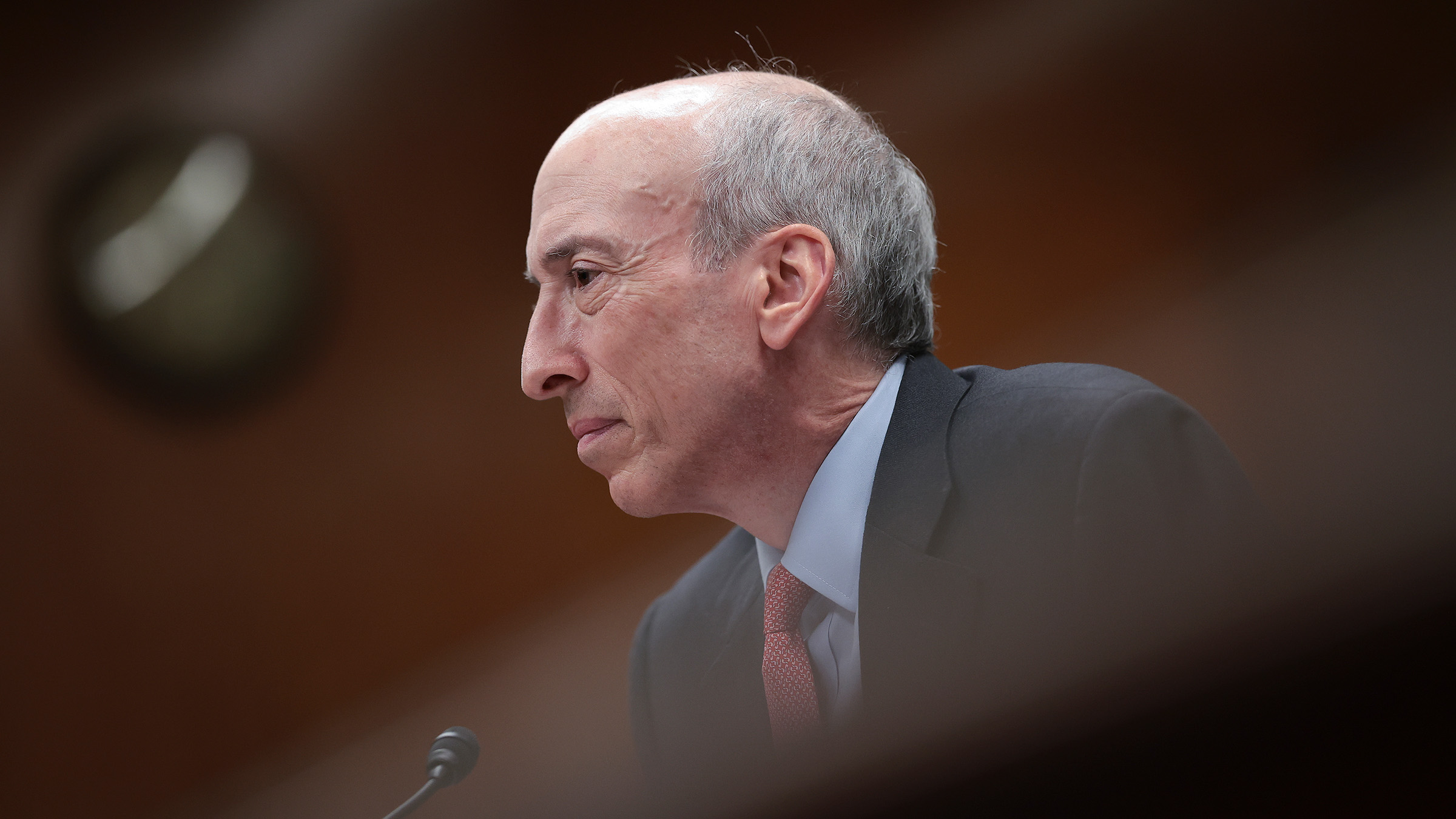 SEC passes rules compelling US public companies to report data breaches within four days
SEC passes rules compelling US public companies to report data breaches within four daysNews Foreign entities trading publicly in the US will also be held to comparative standards
-
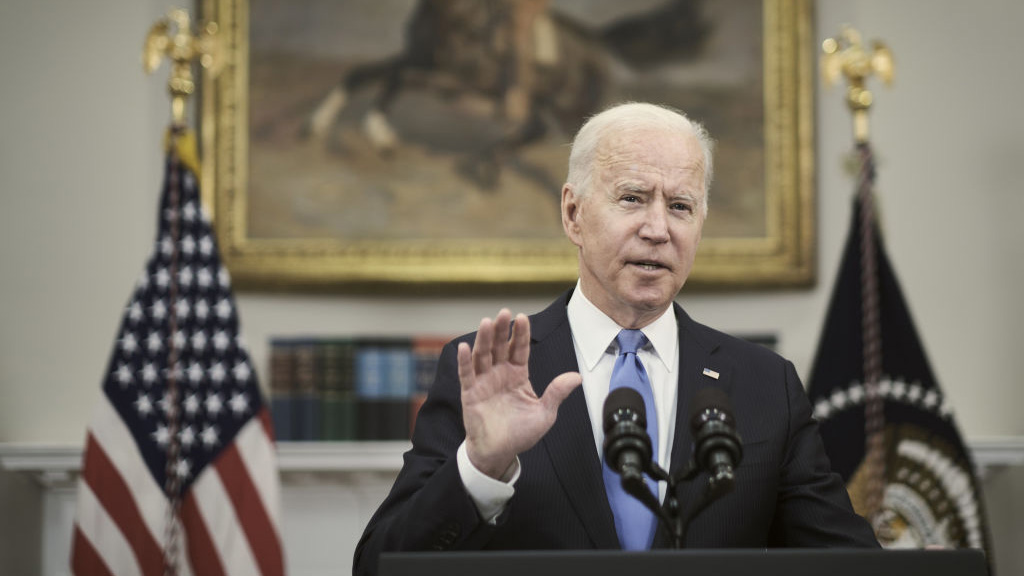 US says National Cybersecurity Strategy will focus on market resilience and private partnerships
US says National Cybersecurity Strategy will focus on market resilience and private partnershipsNews The recently announced implementation plans alow for more aggressive action against ransomware gangs
-
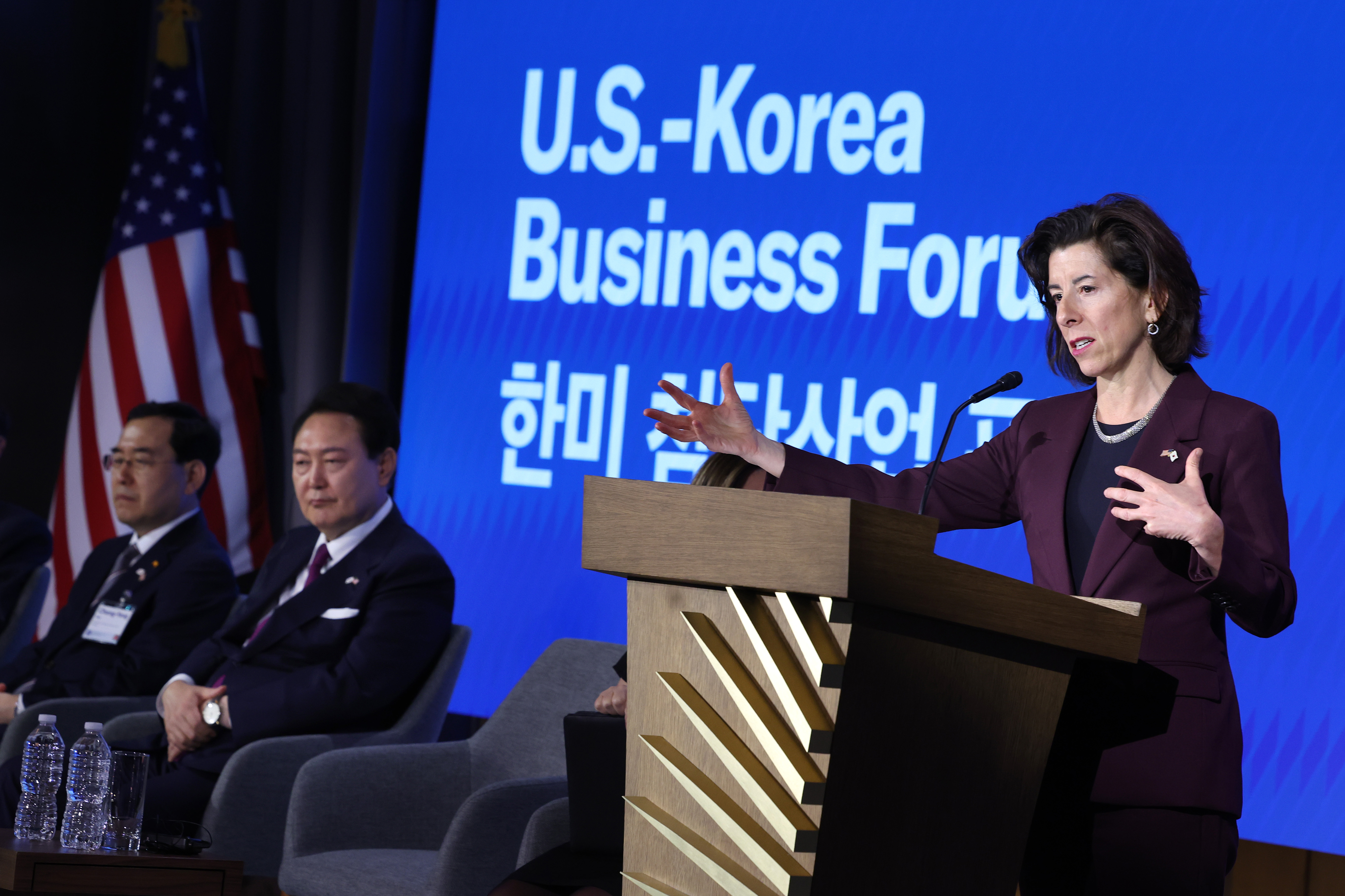 US ‘Tech Hubs’ drive aims to boost innovation in American heartlands
US ‘Tech Hubs’ drive aims to boost innovation in American heartlandsNews The development of the hubs will could help drive regional innovation and support for tech companies


